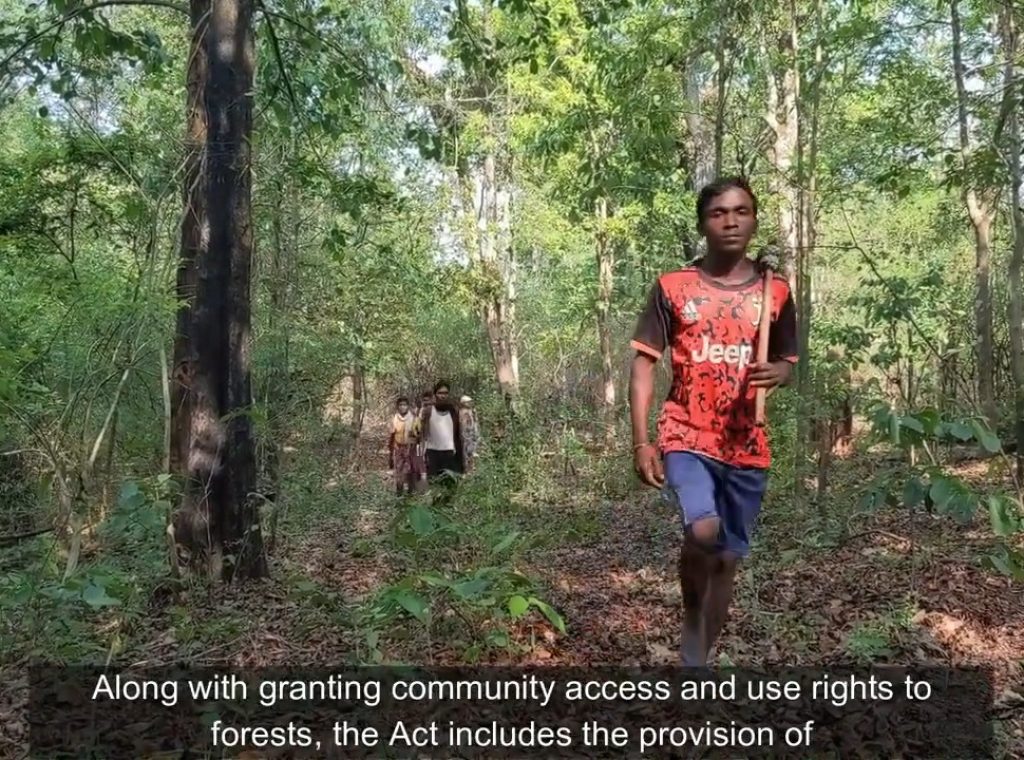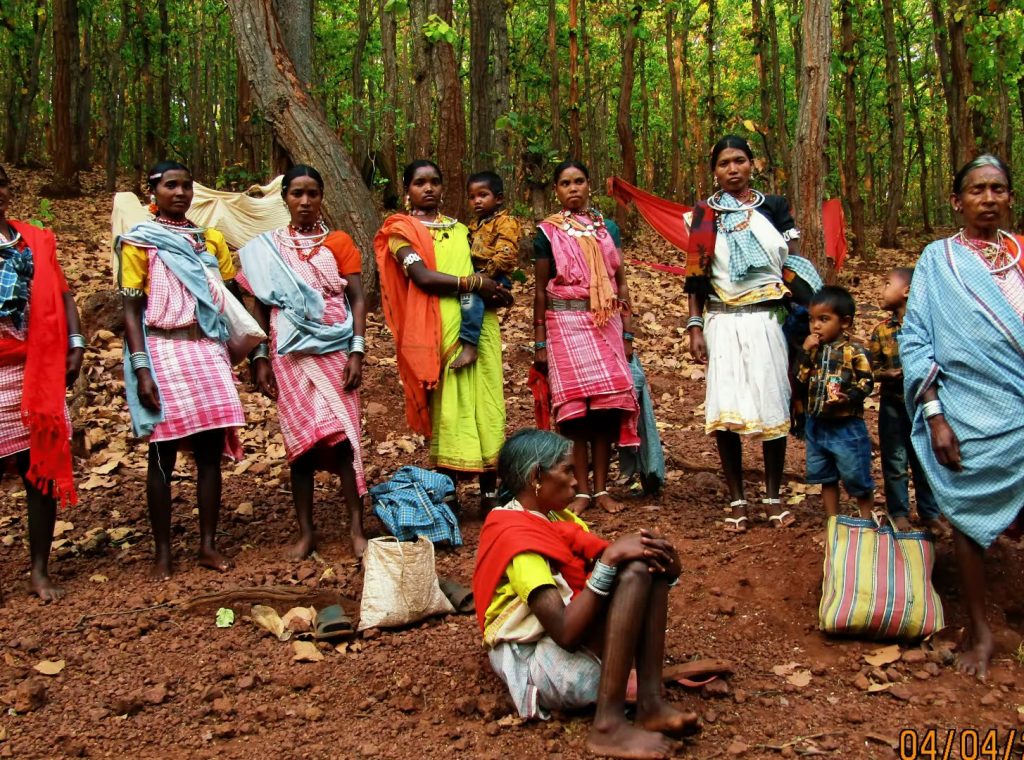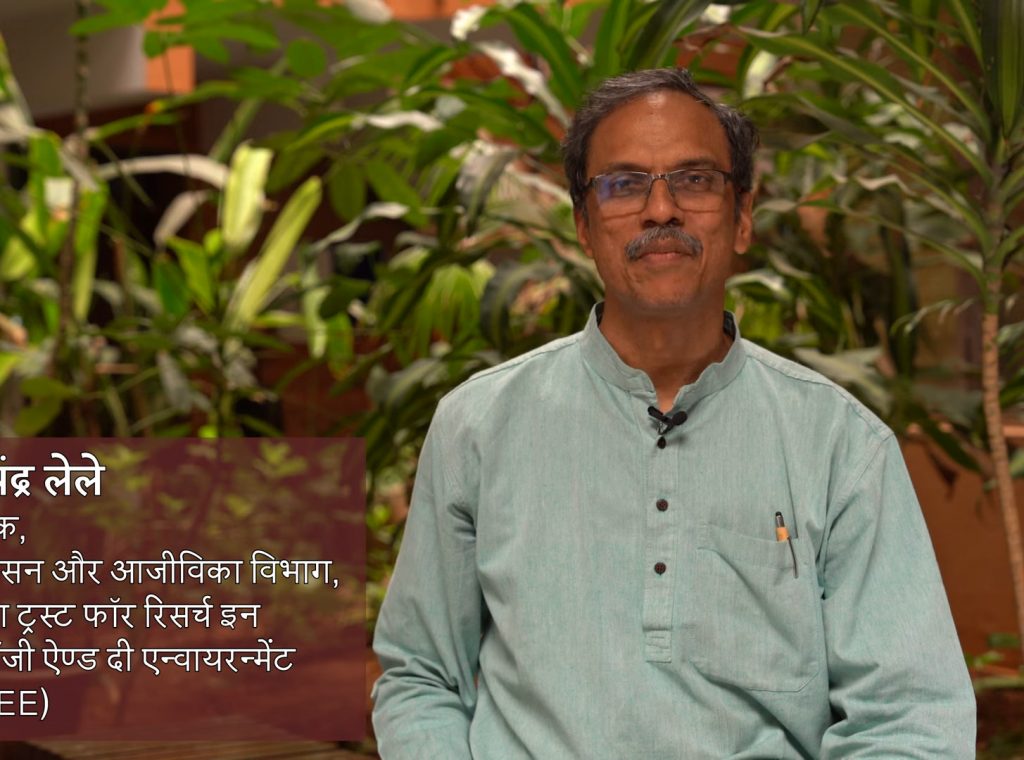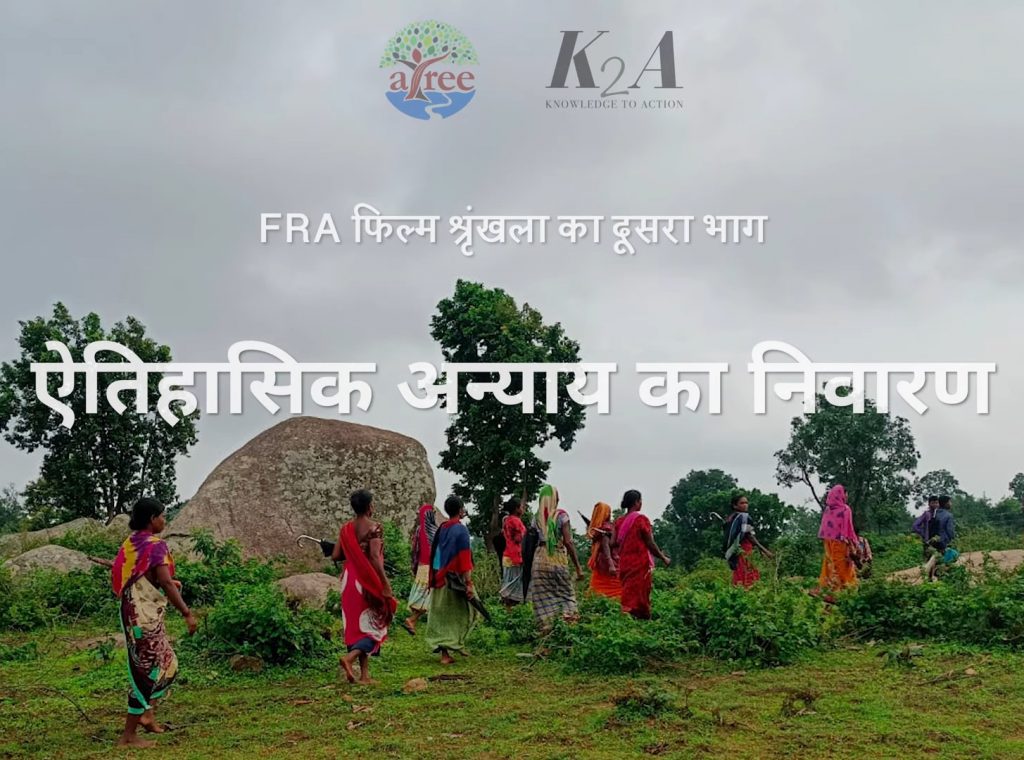Forests and common lands are valuable for communities, livelihoods and biodiversity. Colonial rule disrupted their traditional management . This led to a lack of understanding about the role of forests and commons in our society, and the process of governing them, which persists even today.
This raises key questions: How can the governance of such ecosystems be transformed? How can ecological and social knowledge be used to strike a balance between local livelihoods, cultural needs, environmental sustainability and broader public benefits, such as biodiversity, watershed services and carbon storage, in a democratic and equitable manner?
ATREE’s Forests, Governance and livelihoods (FGL) programme takes an interdisciplinary, action-research approach to this challenge. Through applied research, field initiatives, capacity-building and policy engagement, we work towards facilitating equitable and ecologically sound governance across diverse landscapes. The programme began with action-research in the Biligi Rangaswamy Temple Tiger Reserve (BRT), and has expanded to areas in southern Karnataka, central India and Ladakh.
ATREE’s forest rights programme has benefited over 16,000 households across more than 150 villages spanning 1,400 sq. km of forest. A significant number of these households have secured legal rights to forest land within protected areas – a historic first for Indigenous communities in India.
In addition, our tools and programmes are scaling up to prompt broader rights-based action. Our Aamcho CFR App is gaining widespread use for forest rights mapping by other organisations. Notably, due to our efforts, the state of Madhya Pradesh has committed to implementing community forest rights – a landmark decision that could benefit more than 20,000 villages across one of India’s largest states.
Over the past 25 years, ATREE has:
Our goal is to understand, design and explore strategies for:








